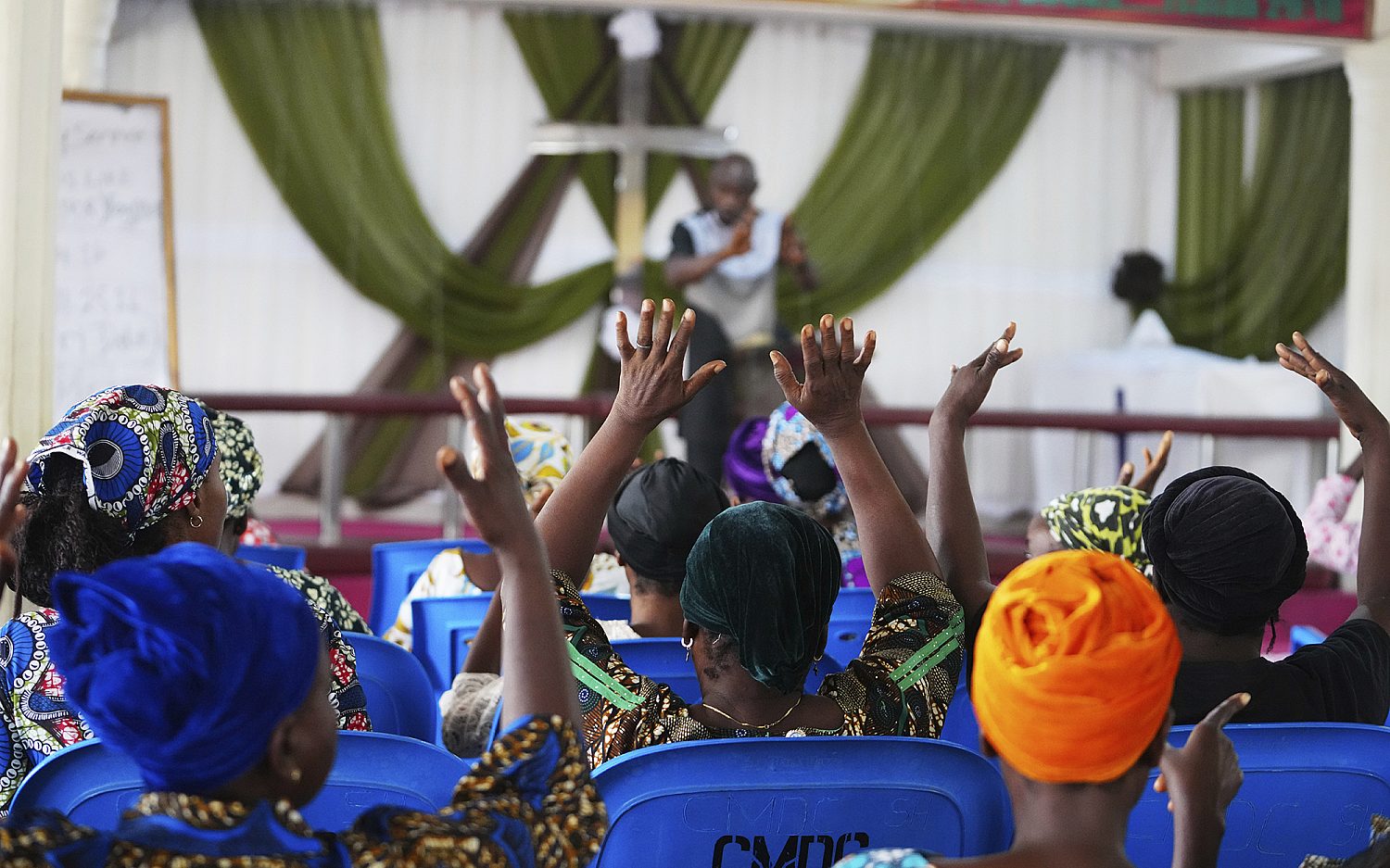Police training
With accelerated training, the national police force looks to grow quickly to counter threats throughout the country
KABUL, Afghanistan-"The organization here is better than I expected," said Andreas Ruepp, head of the German Police Program Team that is overseeing the training of Afghanistan's national police force on an accelerated program that includes a high-level conference of top law enforcement professionals starting this weekend in the capital.
The National Police Academy in Kabul started in 1935 and "has a history and organizational standards." Professional ability of the police officers themselves, he said, "is less, for sure. That is the problem of the system. I cannot train police officers in six months to give them a good professional background." In Germany, he said, police officers receive 2 ½ years academic training followed by a year of practical training before they are sent out on patrol.
But for the moment Afghanistan's Ministry of Interior, which oversees the Afghan National Police, says it doesn't have that much time. What was a three-year program has this year been reduced to a six-month crash course due to the danger in the cities and towns of Afghanistan. Officials want to increase the force, from about 100,000 nationwide to 134,000 by next year-and strengthen an Afghan police force that has suffered 1,000 casualties annually. "We need officers for every province because we are struggling against higher threats and war," said Farooq Gudbahary, the Afghan brigadier general in charge of the program. A new class of 2,000 officer candidates began here on Wednesday. It includes five female students.
To do the job, police trainers have more help, in the form of the German team and a visiting group organized by EUPOL (the European Police Mission to Afghanistan) of the world's top law enforcement professionals. That helps to ease somewhat concerns about the level of training the police force is receiving in the accelerated program. With the help of German mentors who essentially "train the trainers," the police academy faculty has cut in half the number of classroom subjects and condensed practical training (in part by using better, U.S.-funded equipment) in areas like forensics. The shorter program is "not a problem," according to Lt. Col. Hafizullah Nayel, who has been on the faculty at the Kabul academy for 31 years.
"At the moment, they need people outside," said Ruepp. "The quality is not the main issue; they just want to count heads, so basic training will be OK. But we have to bring them back in for more training in the very near future."
Afghan authorities dismiss concerns about recruitment standards under the stepped-up program. Recruits must pass a test, submit to a clinical exam and pass drug-free, and be certified by a sponsor, usually a government employee or family member. Officer candidates are required to have a high school education and take a literacy test. They also undergo a background check aimed to root out those with any connection to insurgents, though recruiters admit that sophisticated checks like biometrics have only been in place for about 18 months.
Ruepp and others recognize their challenge is not only to train but also to transform the police culture-which in the past has been defined overall by corruption.
The German team has made teaching against a corruption a priority, said Ruepp, emphasizing that it's a criminal act by police, that it hurts their own families and communities, and showing them how to investigate and root out bribery and other abuses. "We want to make them sensitive to the consequences, but we also recognize it takes society to change." To that end, the six-month program includes special sessions for doctors, prosecutors, and judges-professions they believe should also receive police training and learn how to cooperate with law enforcement. And the gathering that begins here Saturday is part of an effort to move the change of culture up the chain of command. "We want to give them the training the new guys are receiving," said Ruepp.
Roadside bombs continue to be a prevalent threat that target anyone on the streets in particular. On Wednesday a roadside bomb exploded on a bus on the way to Kabul, killing 25, most of which were women and children. It takes not only armies, but also a good police force, to catch those bombers in the act. See these other reports from Afghanistan by Mindy Belz: Kabul snapshot | Despite being in the midst of a war zone, residents of the capital city press on with their daily lives Fighting to survive | The country has been described as 'the most dangerous place to be born' Traffic surge | A lack of driver training leads to accidents and challenges for U.S. forces trying to build an Afghan army To hear Mindy Belz discuss this topic on the "Knowing the Truth" radio program, click here.
An actual newsletter worth subscribing to instead of just a collection of links. —Adam
Sign up to receive The Sift email newsletter each weekday morning for the latest headlines from WORLD’s breaking news team.





Please wait while we load the latest comments...
Comments
Please register, subscribe, or log in to comment on this article.